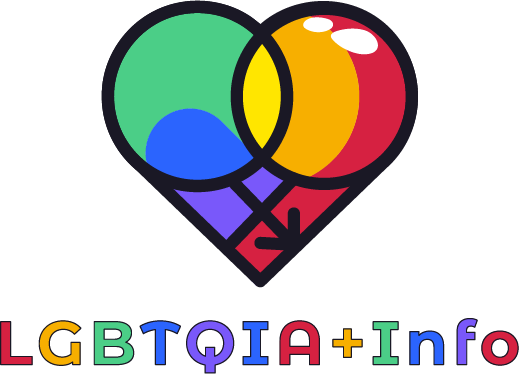In Washington, D.C., activists took to the streets outside the European Union Delegation to the U.S., calling for an end to the EU’s financial support for Uganda’s government due to its Anti-Homosexuality Act. Led by activist Hillary Innocent Taylor Seguya, the demonstrators urged the EU to impose sanctions on Uganda, highlighting the severe impact of the law on LGBTQ+ individuals.
The Anti-Homosexuality Act, signed by Ugandan President Yoweri Museveni the previous year, has sparked outrage worldwide for its harsh penalties against LGBTQ+ people, including the death penalty for what it terms “aggravated homosexuality” and life imprisonment for related activities.
Despite recent amendments by Uganda’s Constitutional Court, which struck down certain provisions while upholding draconian punishments, the law remains a significant concern for human rights advocates.
The global condemnation of the law has been swift. President Joe Biden called for its repeal shortly after its enactment, and the U.S. government removed Uganda from eligibility for trade benefits under the African Growth and Opportunity Act (AGOA). Similarly, the World Bank Group suspended new loans to Uganda, citing the law’s contradiction with its values.

While the EU has criticized the law as contrary to international human rights standards, it has continued providing aid to Uganda, drawing criticism from LGBTQ+ rights organizations like the Convening for Equality (CFE), which organized the recent protest in Washington.
Activists argue that EU funding, without adequate safeguards against discrimination, risks enabling Uganda’s discriminatory policies.
Learn more about the groundbreaking journey of the LGBTQIA Rights Movement, from its humble origins to the extraordinary milestones shaping our world today!
In response to the protest, activists called on the EU to halt financial support to Uganda’s government and redirect humanitarian aid through non-governmental organizations committed to supporting LGBTQ+ individuals. They emphasized the importance of holding recipients of EU funding accountable for upholding human rights standards.
Hillary Innocent Taylor Seguya, a prominent Ugandan LGBTQ+ rights activist, expressed disappointment with the EU’s inaction, stating that human rights should not be compromised.
While recognizing the potential pitfalls of disengagement, advocacy groups like the CFE urge the EU to ensure that its aid does not benefit entities perpetuating discrimination and violence against LGBTQ+ people.
The protest underscored the ongoing international pressure on Uganda to repeal discriminatory legislation and uphold the rights of all its citizens, regardless of sexual orientation or gender identity. As activists continue to push for accountability and justice, the debate over the EU’s role in supporting countries with problematic human rights records remains unresolved.

